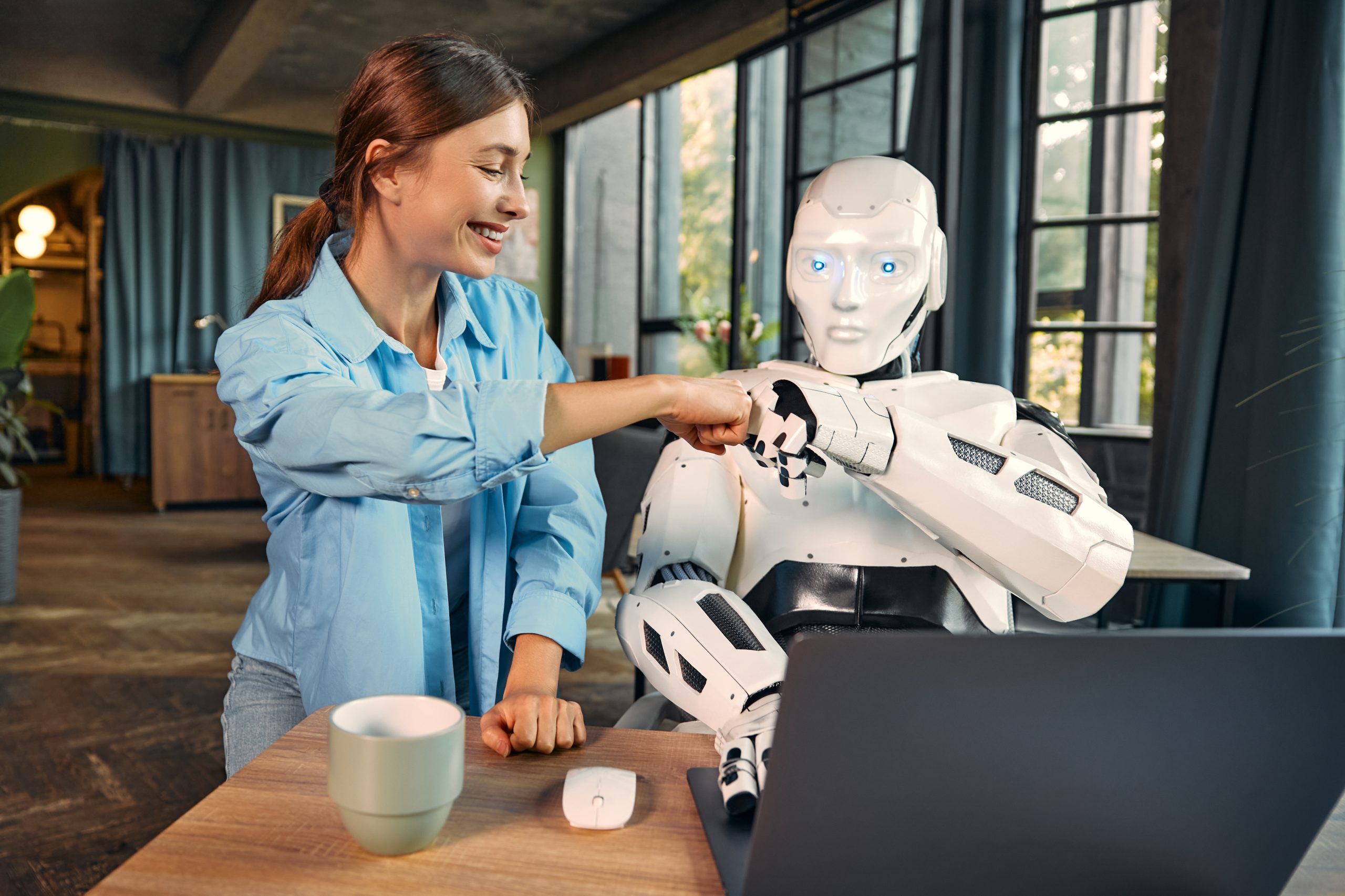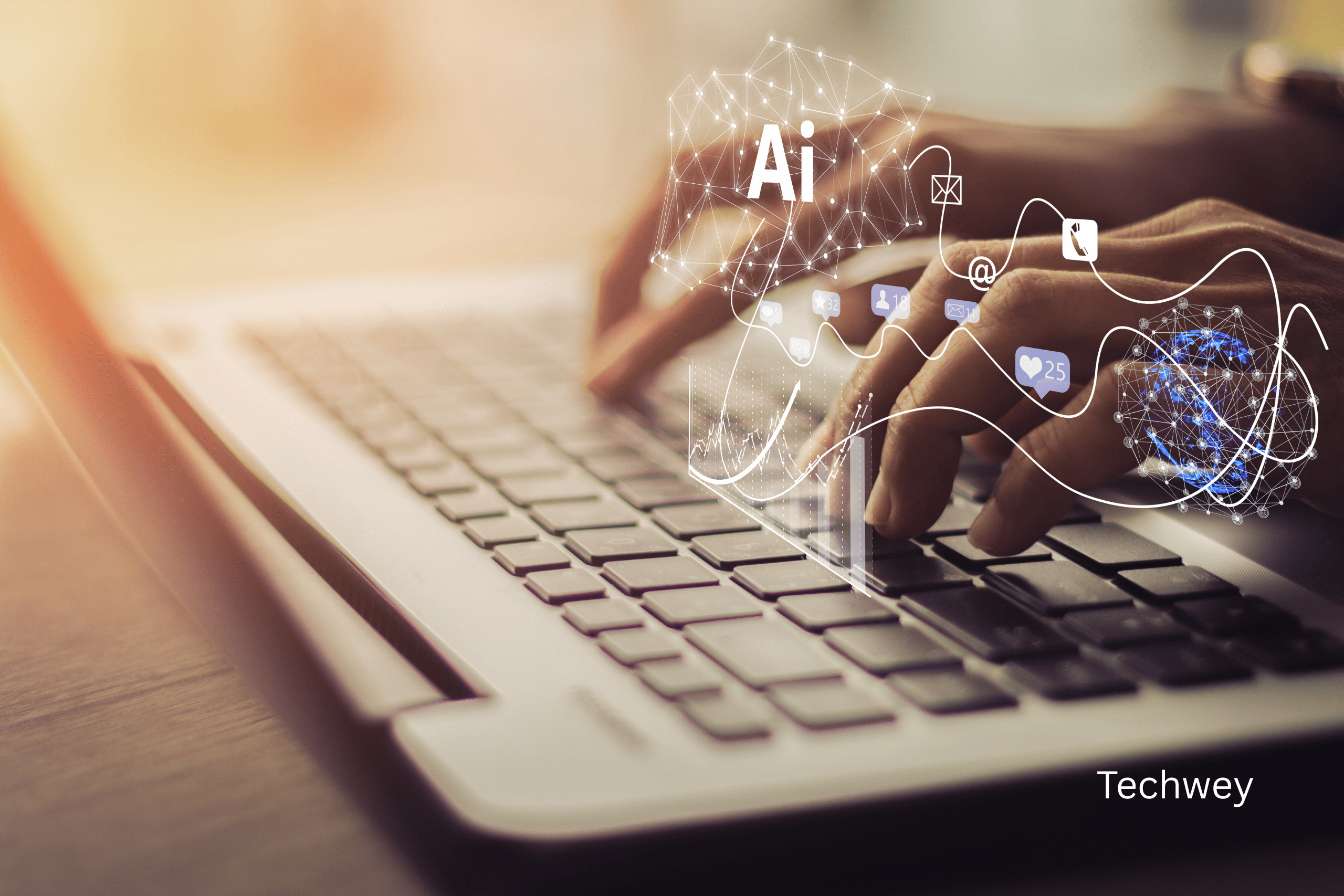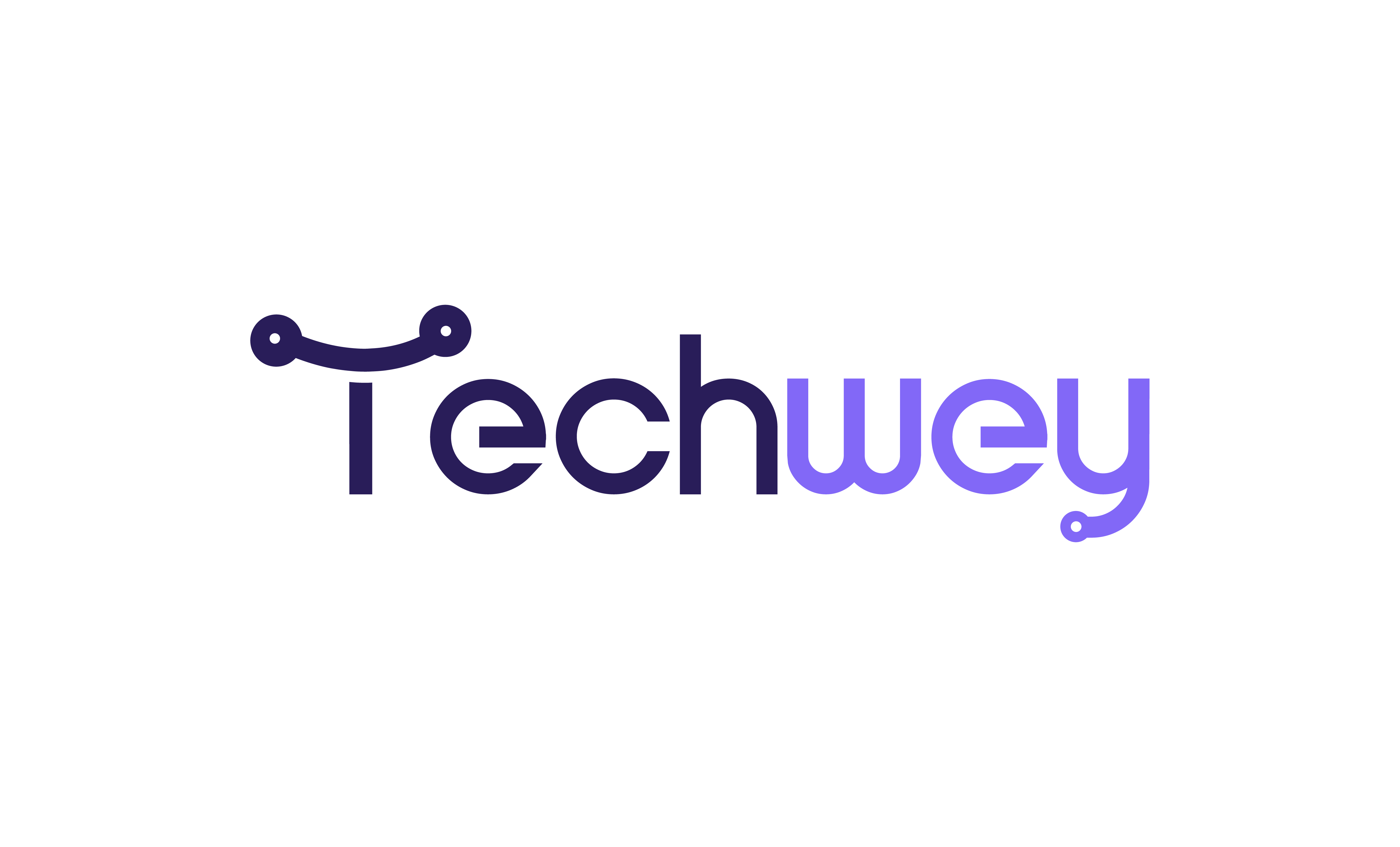
Artificial Intelligence (AI) is evolving at an unprecedented pace, transforming industries, businesses, and everyday life. From self-learning algorithms to human-like interactions, AI is no longer a futuristic concept—it’s shaping our present and future.
In this post, we’ll explore the biggest AI trends and how they will impact businesses, jobs, and society in the years to come.
1. AI-Powered Automation: The Next Industrial Revolution
Automation is no longer limited to factories. AI-driven automation is revolutionizing sectors such as finance, healthcare, and customer service.
How It Will Change the Future:
- AI will take over repetitive tasks, allowing humans to focus on creativity and strategy.
- Robotic Process Automation (RPA) will streamline workflows, improving efficiency.
- AI-powered chatbots and virtual assistants will handle complex customer queries, reducing costs for businesses.
Example: Amazon’s AI-driven warehouses use robotic automation to sort and deliver packages faster than ever before.
2. The Rise of Generative AI & Deep Learning
Generative AI, like ChatGPT, DALL·E, and Midjourney, is revolutionizing how we create content, write code, and even design products.
How It Will Change the Future:
- AI will assist in creative tasks, from writing and music composition to art and film production.
- Businesses will automate content generation for marketing and SEO.
- AI-powered drug discovery will accelerate medical breakthroughs.
Example: Google’s DeepMind has developed AlphaFold, an AI that predicts protein structures, transforming medical research.
3. AI & the Future of Work: Job Creation vs. Job Loss
AI is often seen as a job killer, but it is also creating new career opportunities in AI ethics, AI development, and automation management.
How It Will Change the Future:
- Routine jobs (e.g., data entry, customer service) will decline.
- Demand for AI specialists, machine learning engineers, and AI auditors will rise.
- AI-powered tools will enhance remote work and freelancing.
Example: Companies like Microsoft and Google are training non-technical workers to use AI tools, ensuring AI collaborates with humans instead of replacing them.
4. AI in Healthcare: Saving Lives with Smart Technology
AI is making early disease detection, personalized medicine, and robotic surgeries a reality.
How It Will Change the Future:
- AI-driven diagnostics will help detect cancers and diseases faster.
- Virtual AI doctors will provide remote healthcare consultations.
- AI-powered robotic surgeons will improve precision in complex surgeries.
Example: IBM Watson has successfully helped doctors diagnose rare diseases by analyzing thousands of patient cases in seconds.
5. Ethical AI & Bias Reduction: The Push for Responsible AI
As AI takes on decision-making roles, the need for ethics, fairness, and transparency is greater than ever.
How It Will Change the Future:
- Governments and organizations will develop AI regulations to ensure fairness.
- AI models will be designed to eliminate bias and discrimination.
- Explainable AI (XAI) will help humans understand AI decision-making.
Example: OpenAI and Google are actively working on bias-free AI models to promote fairness in hiring and lending decisions.
6. AI & Smart Cities: The Future of Urban Living
AI is playing a major role in developing smart cities with automated traffic control, energy-efficient buildings, and real-time surveillance.
How It Will Change the Future:
- AI-powered smart grids will reduce energy waste.
- AI-driven public transport will optimize traffic flow.
- Smart cities will have AI-powered crime prediction to improve safety.
Example: Cities like Singapore and Dubai are integrating AI-powered surveillance and traffic monitoring to reduce congestion.
7. Quantum AI: The Next Frontier of Computing
Quantum computing combined with AI will solve problems that classical computers can’t—such as complex simulations and cryptography.
How It Will Change the Future:
- AI models will be trained 1000x faster, accelerating innovation.
- Breakthroughs in climate modeling, pharmaceuticals, and cybersecurity.
- Ultra-secure encryption methods will protect sensitive data.
Example: Google’s Quantum AI lab is already developing quantum algorithms that could revolutionize AI.
The Future of AI: What’s Next?
AI is evolving at an unprecedented speed, reshaping how we live, work, and innovate. The key to embracing AI is adapting to change, learning new skills, and understanding its ethical implications.
What do you think about AI’s future? Will it be a boon or a threat? Let us know in the comments!






Leave a Reply